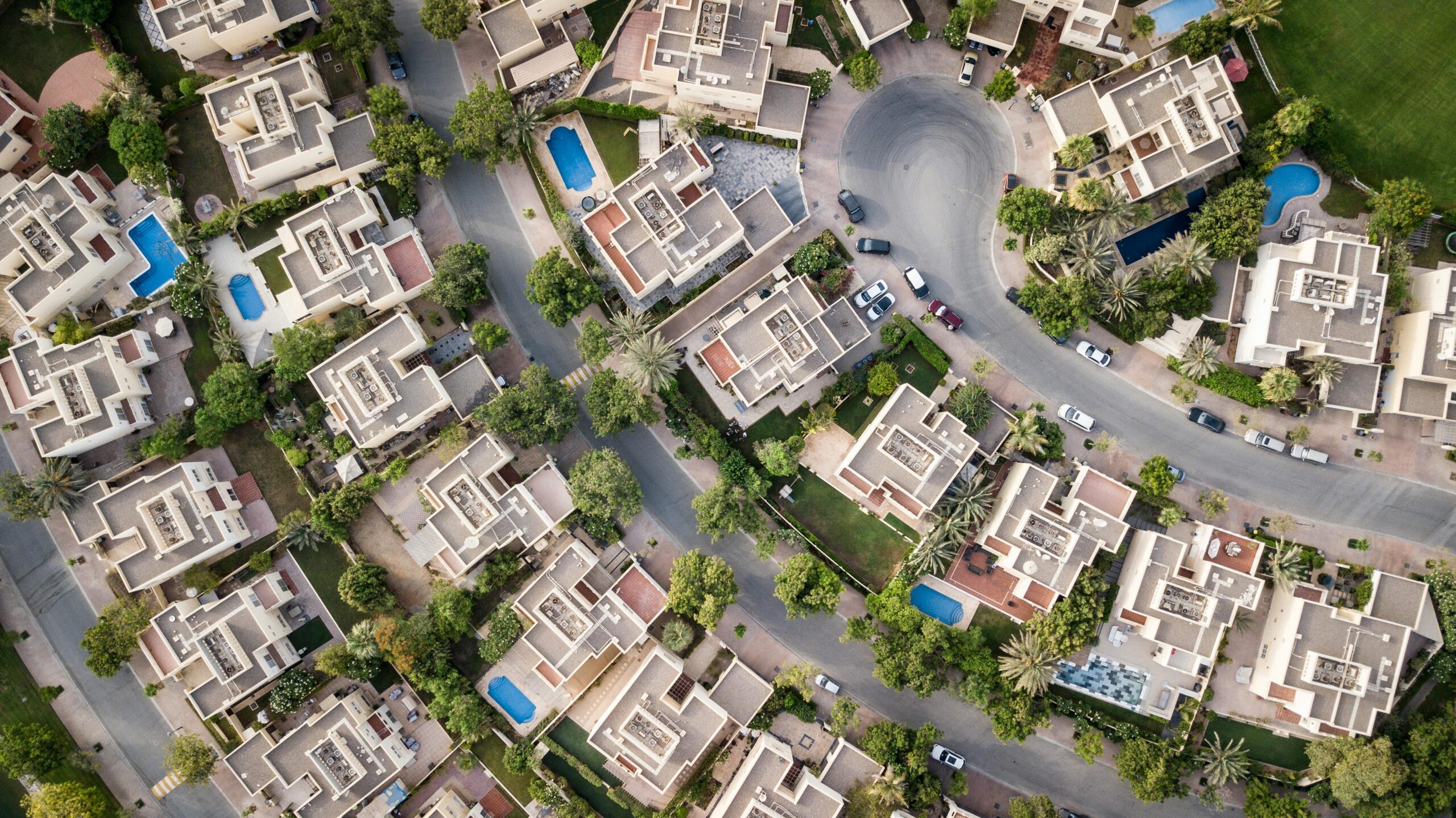In commercial real estate, water damage is an accidentally overlooked but potentially critical issue. With approximately 14,000 people experiencing a water damage emergency at their home or business each day in the United States, it proves essential to understand how to mitigate this risk in your commercial properties. Herein you will find effective strategies that help prevent severe water damage and consequently save time, resources, and often costly repairs.
Know Your Property Inside Out
Become familiar with every feature of your property. As a Water Damage Specialist, understand the layout of your drainage system and where potential blockages could occur. Knowledge about the placement of all pipes means less chance of bursts and overflow, which are key causes of water damage.
Regular Maintenance Checks
Conduct regular maintenance checks on your property. This includes periodic inspections of the roof for any signs of wear, tear or damage which can result in leakage. Checking the gutters for blockage helps prevent overflows leading to water damage.
Prompt Repairs
If you notice anything wrong during your routine checks, act immediately. Promptly fixing problems such as leaks or cracks minimizes damage and prevents further issues from developing, thereby reducing costs in the long run.
Water Detection Devices
Ease your monitoring task by investing in smart technology like water detection devices. These gadgets alert you at the first sign of excess moisture or leaked water making them effective tools against impending water damage.
Adopt Waterproofing Solutions
Data from The American Society of Civil Engineers indicates that US structures currently face a “D+” grade for risk mitigation against flooding and severe weather events. Consider investing in waterproofing solutions such as installing moisture barriers or using water-resistant building materials.
Proper Drainage System
A well-designed and maintained drainage system allows efficient water diversion away from your property, averting potential threats. Make sure all drains are clear and functional, keeping rainwater runoff from weakening the foundation of your building.
Choosing Quality Plumbing Materials
Choose high-grade and durable pipes for your property. Cheap or second-hand plumbing material may seem like a good deal initially but can lead to more frequent leaks or bursts, creating damage in the long run.
Insulate Pipes
One of the most recurrent issues with commercial properties is pipe bursts during winter due to freezing temperatures. Insulating your pipes can help prevent this by maintaining a stable temperature inside your pipes, regardless of external conditions.
Routine Cleaning and Maintenance
Routine cleaning can help prevent water damage by removing potential blockage sources. Also, sump pump maintenance ensures it is high functioning throughout periods of heavy rainfall originating from sudden storms.
Proper Ventilation
Without proper ventilation, residual moisture amplifies the risk of water damage. Ensuring adequate ventilation can help maintain indoor humidity level thus reducing the chance of condensation build-up.
Education on Water Damage Prevention
Educating yourself, staff, or tenants about simple water damage prevention measures instills a sense of responsibility and could save you from avoidable damage in future.
Purchase Adequate Insurance
To mitigate potential financial effects of water damage, ensure you have an excellent insurance plan that covers such incidents. Review your policy regularly to ascertain it suits your need perfectly without redundant coverage areas soaking up unnecessary costs.
Hire Professionals to Assess Risk
Invest in regular risk assessment by hiring professionals knowledgeable in water damage prevention. Their expert opinion can guide you towards better preventative steps and modifications.
Prepare for Natural Calamities
Considering the increasing incidence of extreme weather events, having a disaster preparedness plan which includes water damage mitigation strategies can help save your properties from severe damages.
Cultivating Tenant Relationships
Foster good relationships with your tenants. A positive tenant-landlord relationship will ensure that any minor leaks or water-related issues are reported immediately so that prompt action can be taken to avoid major damage.
Final Notes
This discussion has revealed aspects of commercial real estate often overlooked, yet they prove critical to maintaining quality properties and resources. If you implement these strategies, it ensures protection from expensive recordings and the hassle of water damage clean up. It is always beneficial to stay proactive and vigilant in your management practices because arguably, prevention is relatively cheaper than cure.

